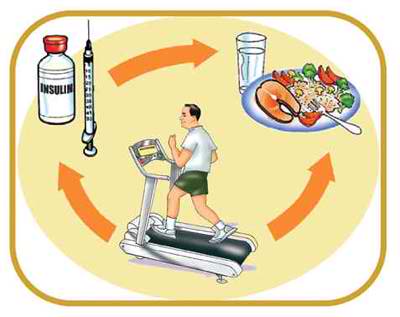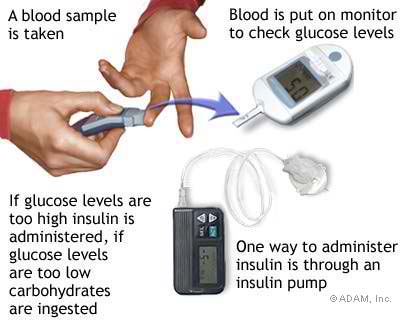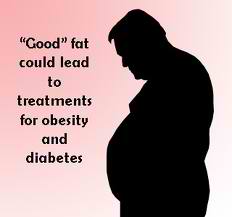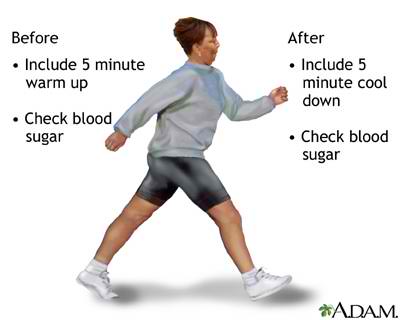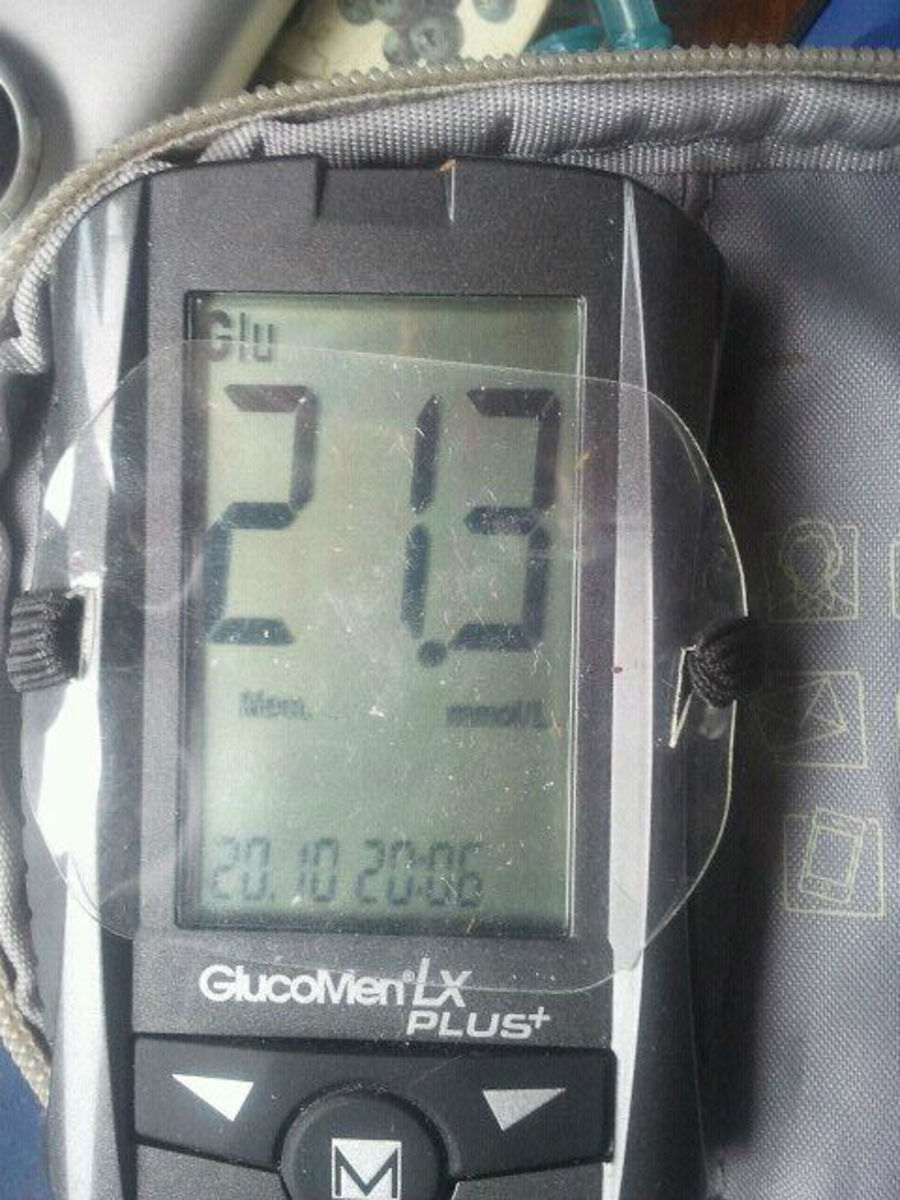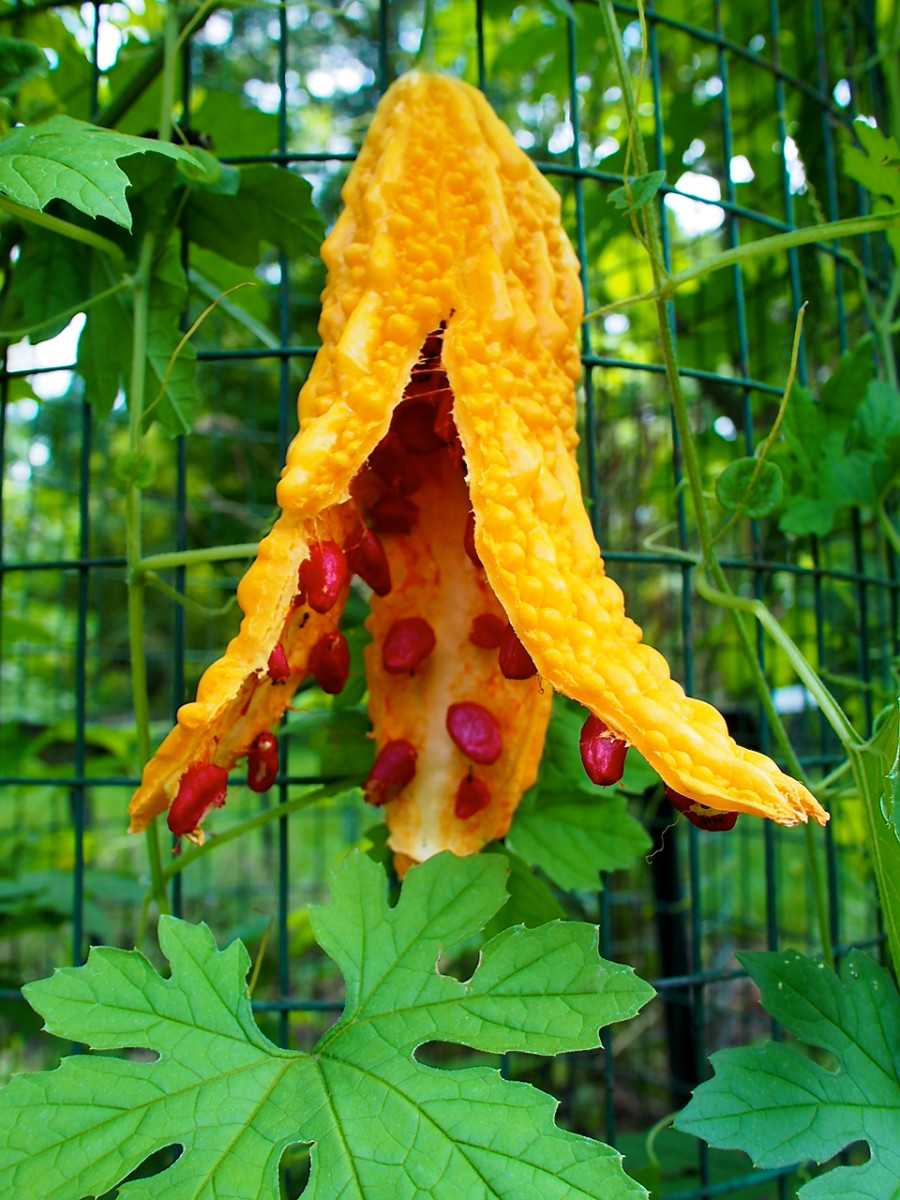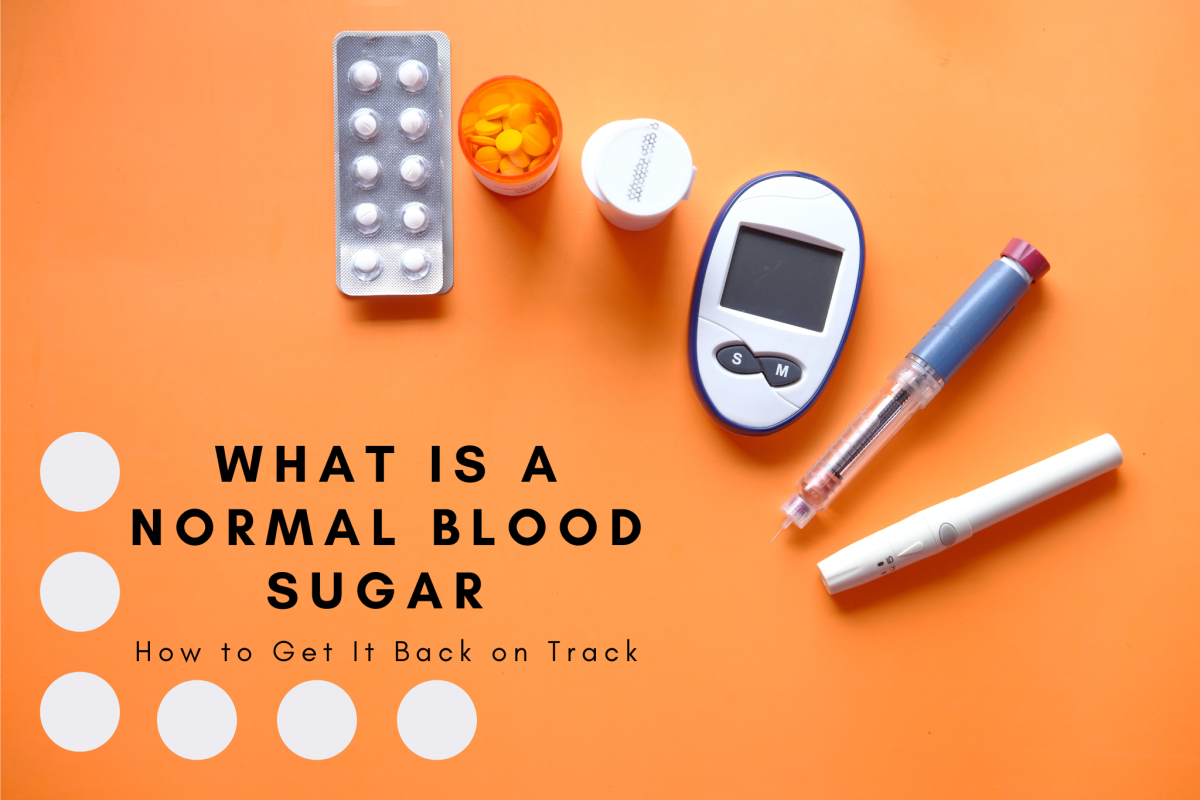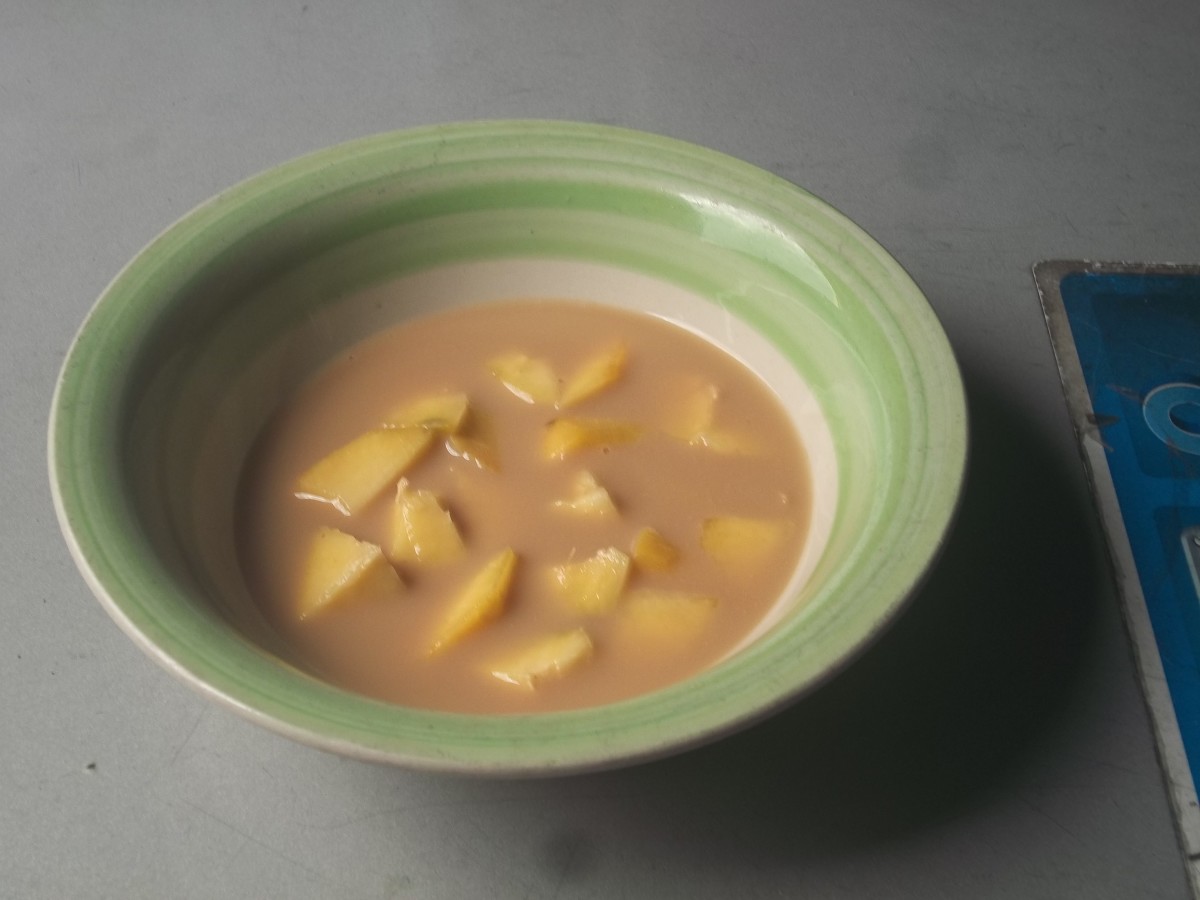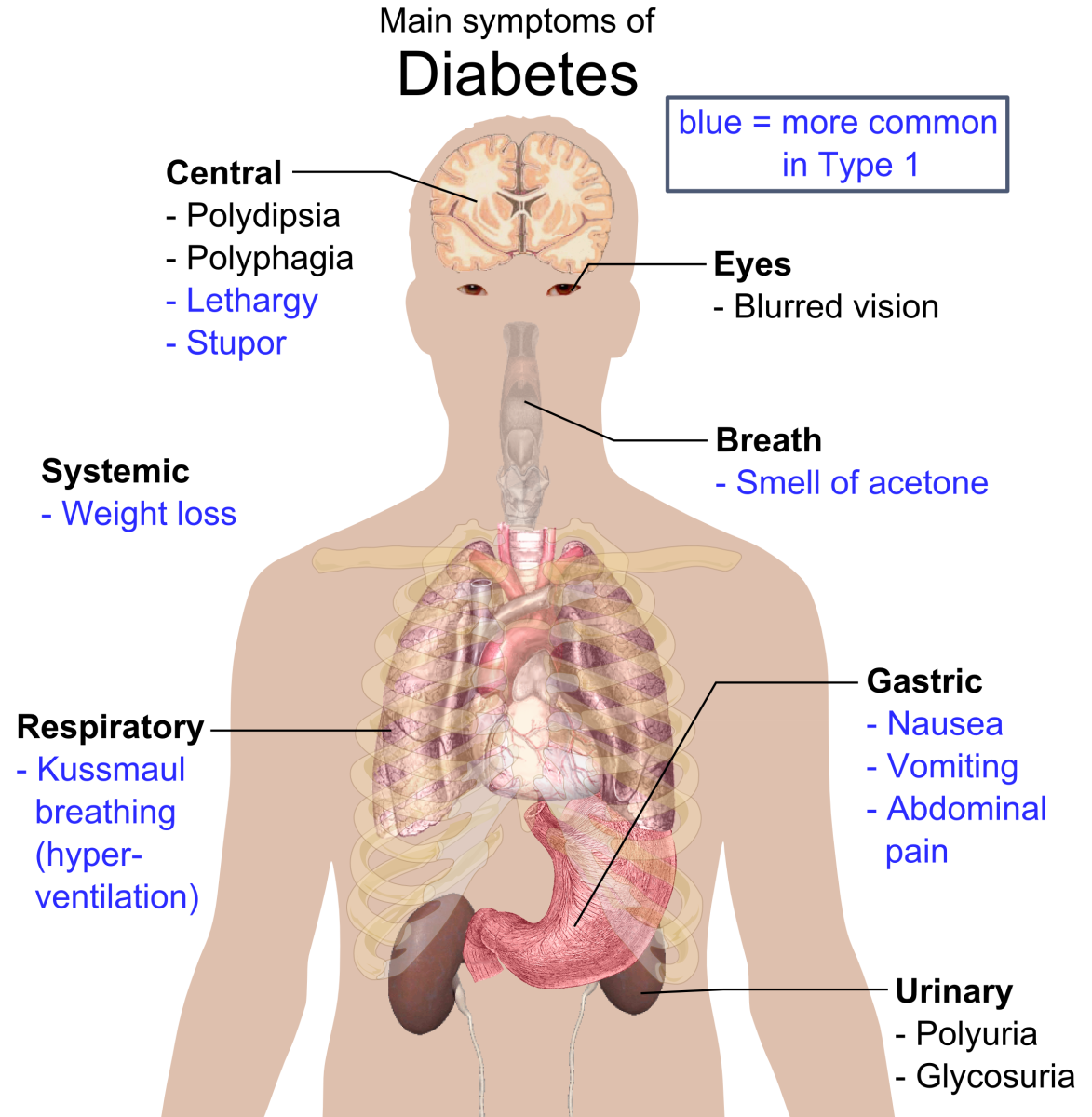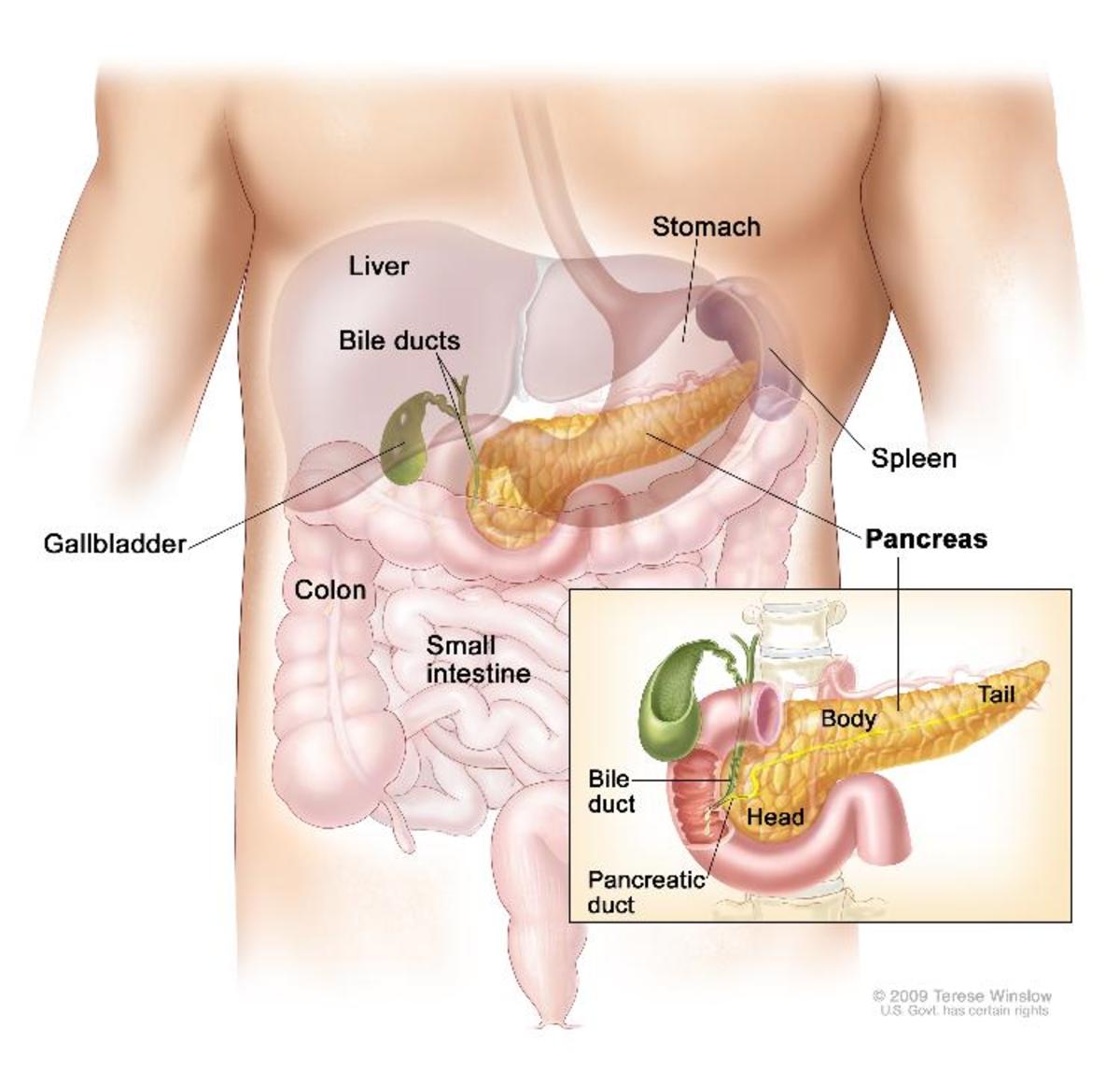Working with a Diabetic radio announcer
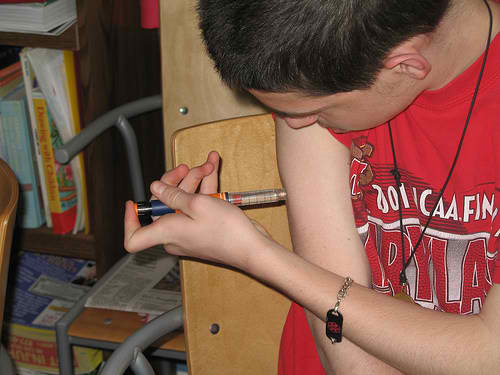
A Requiem for my Radio friend
He's a hardworking radio announcer but a diabetic one. The 24/7 round-the-clock monitoring on beat news and field works didn't deter him to continue improving his craft until he was designated as a unit manager, or station manager in one of the affiliates of the nationwide radio network in the country.
I've been with 'Joma', as friends in radio (including me) used to call him for five years at the locally-owned AM radio in Naga City. His assignments involved the police and his home province, Masbate islands in the Bicol region (Philipines). Since it's difficult to be ferrying from the island up to the mainland of Bicol peninsula, he rented a room at one of the men's boarding houses in the city to be near his work as a radio announcer.
We transcribed and write national and local news together. I've seen how he'd fought the disease while at work. He's injecting insulin supplement already because his pancreas can never produce the necessary insulin in his body.
Advises from our station manager prevented him to indulge in the drinking session (bottle of the band) of his colleagues due to his fragile condition.
After 5 years of working together, he was transferred to that affiliate network, Radyo Natin (of MBC-DZRH radio) as station manager. I visited him there during the town's fiesta in Buhi, Camarines Sur in 1996.
That's the last time I've heard about him.
When I reconnected with my radio colleagues this year, 2010, I chanced to see him on pictures along with my radio buddy during the KBP (Kapisanan ng mga Brodkaster sa Pilipinas) Officers Night - Camarines Sur chapter, an association of radio broadcasters in the province.
I thought he was still alive. But my friend said, he just recently died on diabetes 1 this year, on the month of June.
Reasons? He cannot afford to undergo Pancreatic Islet Transplantation that his doctor used to recommend a decade ago.
If only the association helped him raise funds...he'll still be alive today.
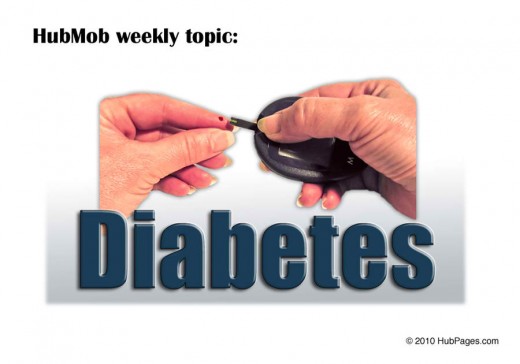
Acquiring Type 1 Diabetes
Whenever someone got the disease in the family or friends, we usually ask, "Is it hereditary?". Sighs. The usual 'stereotyping' of the disease.
I asked 'Joma' about it when he was still alive...on how he got the 'sweet disease' in his system.
I used to be inquisitive about the disease for fear that I will also get one due to the nature of our work as radio announcer (circa 1988-1999).
How he got diabetes 1? Here's his findings:
- Drunkard. He used to be an excessive liquor 'enthusiast' along with his high school batch in Masbate. Philippine islanders are usually drunkards (I used to be one but not now). The favorite pasttime of young people is to drink gin or even 'tuba' or the coconut wine.
- Sweet Chances. He had great cravings on chocolates! Me, too! How could I ever live without these 'sweets'? Sighs. who can ever resist this so-called 'aphrodisiacs of the gods'?
- A family 'heirloom'. He got a history in family about the disease.
Why the Insulin?
He took external insulin once his doctor advised him to do so during his college days.
My first reaction why he's carrying a medical kit (the syringe and all) was he's an addict. He corrected my notion and revealed his secret that he got Type 1 diabetes mellitus.
The only way to stabilize his normal condition was to resort to subcutaneous injection that he, alone can personally administer, that is the insulin.
He tried avoiding the drinking 'intermission', the lavish eating during fiestas or even press conference, but he can't. He's confident that he'll overcome it through insulin, but to no avail.
One time, while doing my early morning news transcribing (from Filipino to our dialect-Bikol), I saw him sprawled helplessly on the floor of the radio stations newsroom.
I immediately felt his digital pressures on the neck and wrist, when I heard his small, weak voice urging me to get the insulin in his medical bag. I did; get the ampule, used the new syringe and administered the injection on his left arm.
This became a routine for him and we joked lightly about it or even him whenever he went on board on his commentary program. He tackled the rigors of having the disease and how it changed his outlook in life.
He participated actively on the medical missions conducted by Bicol Medical Center, especially to those who have diabetes.
You see, the awareness in our city, Naga City, is not yet widespread, but people are eager to hear part of it on Medical programs on television and radio, as well.
Lifestyle of a Diabetic
Click thumbnail to view full-size



Effects of insulin in our body
Aside from blood, insulin serves as the agent to use glucose in our body. It stabilizes the functions of all the organs to make an A-1 healthy body, clear thinking or sound mind.
Primarily, we associate insulin to the blood sugar or glucose level in our bodies.
As we eat, drink or smoke excessively, these factors can trigger for diabetes to enter in our lives. Abusing those factors may lead to the symptoms associated with the disease. You just have to choose if you like the Type 1 or Type 2, if you want to experience its effects on your body, the mild (dizziness, poor eyesight), the severe (injecting insulin) or the chronic (unhealed wounds, gangrene and all, death).
I noticed that my diabetic friend still smoked after eating. I asked him about it; he said, it's a craving that he can't resist. I countered, If he'll continue his habit, the injected insulin will never help his body to recover.
It is a fact that insulin triggers glucose to use it and move from the blood, into the liver and fat cells and use it as fuel of the body to burn fats and harmful cholesterol. A 100 percent function of insulin is needed to prevent us from becoming obese or be diabetic.
Now, I know why some children who are obese are becoming diabetic at an early age.
Just to make it clear:
Type 1 Diabetes is when the body stops producing insulin or have very little insulin that cannot sustain as agent in burning the sugar (glucose inside our body).
While Type 2 Diabetes is when people with diabetes still have the insulin but cannot use it properly by the body or the insulin resistant.
Gestational Diabetes occurs during the second half stage of woman's pregnancy that can also developed into Type 2 Diabetes in later stage of her life.
There's still chance among us to change our lifestyle. MODERATION is a must for everything.
Our bodies know if we're not feeling well. Feeling dizzy can mean we have low or high sugar level. This is a simple indicator that there's something wrong in us, the so-called hormonal imbalance.
My radio colleagues, often joked about hormonal imbalance among women. Little did we know that this can be mean they've already acquired gestational diabetes during their pregnancy.
Insulin Education c/o zawtiger
Hubs about Diabetes on HubPages
- Diabetes - Diseases, Disorders and Conditions - HubPages.com
Articles about Diabetes on HubPages, a place where you can read and write about any topic that interests you.

